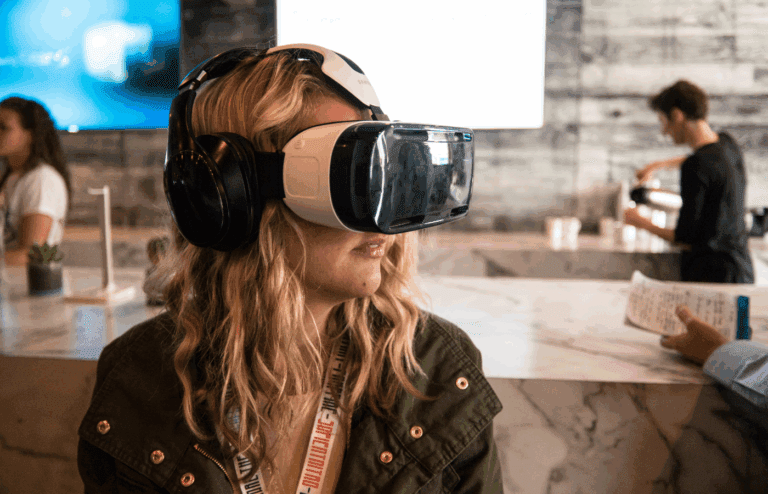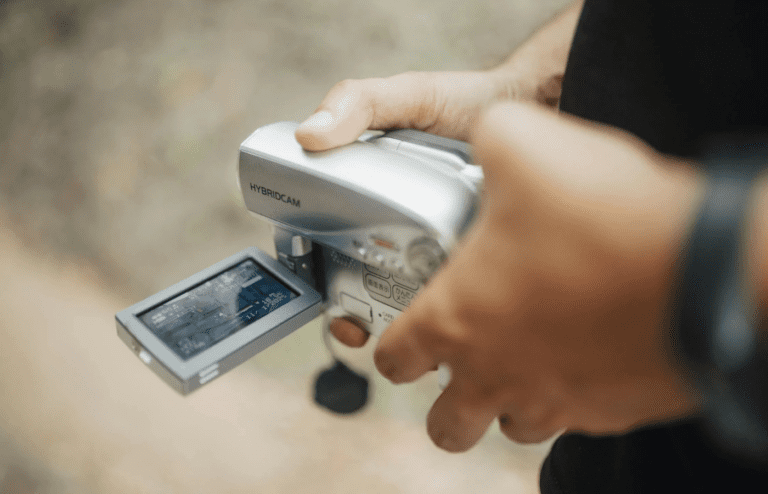Creating a bedtime routine and sticking to it can make the difference between a good night’s sleep and endless tossing and turning. While there is no “perfect” routine, there are proven steps that can help you sleep better.

What Causes Insomnia?
Roughly 14.5 percent of American adults reported having trouble falling asleep most days or every day over a 30-day period in 2020, according to the Centers for Disease Control and Prevention (CDC).
People not only have trouble falling asleep, but they have difficulty staying asleep as well due to several factors.
Insomnia is a common sleep disorder that results in difficulty falling asleep, staying asleep, or achieving good-quality sleep. According to the Sleep Foundation, there are at least 10 common causes that contribute to insomnia:
- Stress
- Irregular sleep schedules
- Lifestyle
- Mental health disorders
- Physical pain
- Medications
- Neurological disorders
- Age
- Pregnancy
- Other sleep disorders
One of the best things that people who suffer from insomnia can do to improve their ability to sleep is to develop a bedtime routine, the Sleep Foundation says.
7 Steps to a Better Bedtime Routine
A bedtime routine is not something you do right before bed, but as a lifestyle adjustment. The steps involved in creating a “sleep routine” actually begin hours before going to bed.
Here are 7 steps you can take to develop a routine to achieve better sleep.
1. Decide on a Bedtime
Our body is good at developing a natural sleep-wake cycle. We can facilitate this by establishing and sticking to a consistent sleep schedule. Your body will learn this routine and naturally begin to feel tired at bedtime.
Once you have determined a set time to go to sleep, you can adjust the rest of your daily activities to help make sure you can wind down effectively before bedtime.
2. Use Tech to Help With Your Sleep Schedule
If you have a smartphone, such as an iPhone, it has a built-in sleep timer in the Health app that allows you to set bed and wake times. The app will alert you when it’s time to go to bed, time to wake up, and ensure you are not disturbed during your sleep time. You can also permit certain numbers to disturb you, such as a family member who might need to reach you during an emergency.
3. Caffeine Intake: Stop 8 Hours Before Bed
Caffeine is a stimulant, and as such can interfere with your ability to relax and feel sleepy. Experts recommend that you stop consuming any caffeine eight hours before your bedtime.
4. What Else to Avoid 2-3 Hours Before Bed
Two to three hours before you go to bed, you want to make sure to avoid consuming a heavy meal, drinking alcohol, or smoking.
In addition, avoid the consumption of foods that are spicy or high in sugar. If you get hungry, you can have a light snack closer to bedtime.
5. Dim the lights 1 hour before bed
A 2022 study found that even a little bit of artificial light, no matter where it’s coming from, not only can affect sleep but also have aversive effects on cardiovascular and metabolic health, NPR reported.
About an hour before going to bed, dim the lights in your house and your bedroom. Sleep experts advise getting blackout curtains if your bedroom remains bright even with the lights dimmed or off.
The standby LED lights on some of the gadgets around our room can even give off enough light to interfere with sleep. You can find stickers on places such as Amazon that can either dim or block out these status lights.
6. Cool Down Your Room
Studies have found that sleeping in a cooler environment can help with sleep. Adjusting the temperature in your home or room to be a few degrees cooler might improve your ability to sleep more soundly.
“Your melatonin levels are shown to rise more efficiently when the environment is cooler,” says Abhinav Singh, a medical review expert at SleepFoundation.org.
7. Turn Off Electronics: 30 Minutes Before Bed
A half hour before your bedtime, unplug and free yourself from activities on electronic devices. Communicating with other people or scrolling social media or news sites only serves to stimulate your brain with more thoughts. Turn off all your electronic devices and allow your thoughts to settle.
Additionally, these electronic devices emit strong blue lights that can trick the brain into still thinking it’s daytime. As a result, it causes your brain to suppress melatonin production, which helps to keep you awake.
8. Other Ways to Promote Sleepiness 15-30 Minutes Before Bed
Sleep experts say there are several things you can do 15-30 minutes before going to sleep that might help you get sleepy. Here are a few things you can try:
- A light snack: Have a small, light snack that combines protein with a carbohydrate. Some suggestions are a Whole wheat cracker with low-fat cheese, Greek yogurt, oatmeal, cherries, or a banana with peanut butter.
- Decaf tea: Decaffeinated teas, such as those with valerian root, chamomile, lemon balm, passionflower or lavender are popular teas that people drink to help them relax before bedtime.
- Read a book: Reading a book can distract your mind from worry or busy thoughts and allow your body to relax and feel tired.








